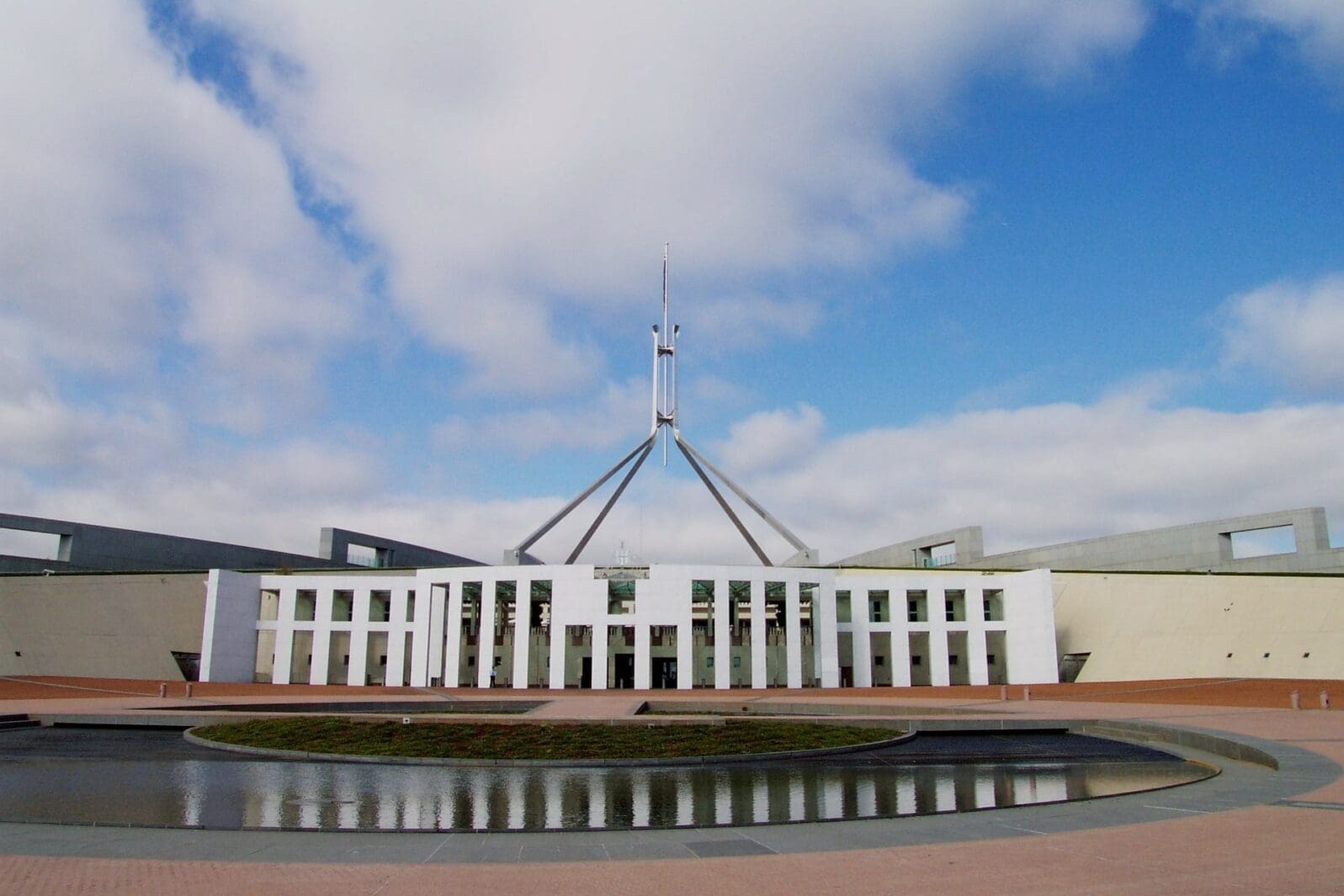Defining long COVID, understanding knowledge gaps about the condition and its impacts in Australia, were among the major themes discussed at a recent expert roundtable on long COVID.
The Australian Academy of Science, in partnership with the Australian Academy of Health and Medical Sciences, organised the roundtable discussion on 17 February at Parliament House to inform the House Standing Committee on Health, Aged Care and Sport’s Inquiry into Long COVID and Repeated COVID Infections.
It was the first time the two Academies have jointly convened a roundtable to provide expert, independent advice to a parliamentary committee inquiry.
The roundtable followed a joint submission to the inquiry from the Academies. It brought together experts from across disciplines and sectors, such as infectious diseases, epidemiology, respiratory medicine, primary care, allied health and public health, and patients with lived experience.
Key points raised during the discussion are summarised below.
Australia needs a suitable and consistent definition of long COVID
Participants discussed whether the current definition of long COVID put forward by the World Health Organization is fit for purpose.
Acknowledging the importance of having a definition, participants discussed how a revised version would need to serve the needs of clinical care, research, public health, policy development and more.
Different requirements of a definition for research purposes were also highlighted, such as laboratory-confirmed acute COVID infection. Any definition would need to ensure equity in diagnosis and management of long COVID.
Australia can contribute to and align with international efforts that are underway, but also urgently needs to agree upon an interim definition that can be used now.
Further research is required to address key knowledge gaps
While research on long COVID is taking place in Australia, further research is required to understand issues including:
- The impacts of infections, vaccination and treatments on development of long COVID.
- The most effective treatments and management strategies, and evidence-based models of care and support.
- The prevalence and impact of long COVID, including on Aboriginal and Torres Strait Islander peoples, CALD communities, people with disabilities and other priority populations.
- Identifying biomarkers for diagnostics and further research.
- Long COVID patient access to, and experience within, the health system and longer-term support (e.g. with disability).
- How to equip the health workforce to respond to long COVID.
A national coordinated strategy is required for data collection and research funding
There is a strong need to improve data collection to understand the prevalence, severity and impacts of long COVID on the Australian community, and particularly for priority populations. Research systems and infrastructure such as biobanks, extending research networks, surveillance and improved data collection would assist in these efforts.
A national coordinated and targeted research effort could help fill the knowledge gaps outlined above. The committee heard about the potential role for an advisory group of experts and national strategy or knowledge mission for post-COVID recovery to address research priorities. There is also a need to better embed research in the health system.
Education and engagement are essential
Ongoing education and engagement on long COVID will be necessary for the general public, patients and health professionals, including those working in primary care and allied health, among other fields. Equitable access and improved recruitment to research and clinical trials will be an important step towards addressing long COVID knowledge gaps and ensure they are reflective of our diverse population.
List of participants
A full list of participants in the panel is available below.
Roundtable chair Professor Tania Sorrell AM FAHMS, The University of Sydney
Roundtable participants
- Professor Craig Anderson FAHMS; The George Institute for Global Health
- Professor Andrew Baillie; The University of Sydney and Sydney Local Health District
- Associate Professor Philip Britton; The Children’s Hospital at Westmead, Sydney Children’s Hospitals Network, Sydney Infectious Diseases Institute, The University of Sydney
- Professor Allen Cheng; Monash University
- Professor Brendan Crabb AC FAA FAHMS; Burnet Institute
- Ms Kristy Crooks; Menzies School of Health Research, Charles Darwin University
- Professor Maria Crotty; Flinders University, South Australian Health and Medical Research Institute (SAHMRI), Southern Adelaide Local Health Network
- Professor Margaret Hellard AM FAHMS; Burnet Institute, Monash University
- Professor Martin Hensher; Menzies Institute for Medical Research, University of Tasmania
- Professor Anne Holland; Monash University and Alfred Health
- Associate Professor Alex Holmes; Royal Melbourne Hospital, The University of Melbourne
- Associate Professor Louis Irving; Royal Melbourne Hospital
- Dr Jen Kok; Institute of Clinical Pathology and Medical Research, NSW Health Pathology, Westmead
- Professor Dennis Lau; Royal Adelaide Hospital, The University of Adelaide, SAHMRI
- Professor Julie Leask; School of Nursing and Midwifery and Sydney Infectious Diseases Institute, The University of Sydney
- Professor Sharon Lewin AO FAHMS; Peter Doherty Institute for Infection and Immunity, The University of Melbourne
- Professor Andrew Lloyd AM FAHMS; Kirby Institute, The University of New South Wales
- Dr Sarah Lynar; Royal Darwin and Palmerston Hospitals, Menzies School of Health Research
- Professor Kristine Macartney FAHMS; National Centre for Immunisation Research and Surveillance, The University of Sydney
- Professor Gail Matthews; Kirby Institute, The University of New South Wales, St Vincent’s Hospital Sydney
- Professor Jodie McVernon; Peter Doherty Institute for Infection and Immunity, The University of Melbourne, Royal Melbourne Hospital
- Professor Adrian Miller; Central Queensland University
- Professor Jeremy Nicholson; Murdoch University, Imperial College London
- Miss Michelle O’Brien; Consumer Health Forum, Call For Change Australia, Consumer and Advisory Community Network Committee for Sydney Dental Hospital & Oral Health Services, Sydney Local Health District
- Professor Ingrid Piller FAHA; Macquarie University
- Professor Lena Sanci; The University of Melbourne
- Associate Professor Kirsty Short; The University of Queensland
- Professor Steve Wesselingh PresAHMS; SAHMRI
Learn more about the House Standing Committee on Health, Aged Care and Sport inquiry into Long COVID and Repeated COVID Infections.

